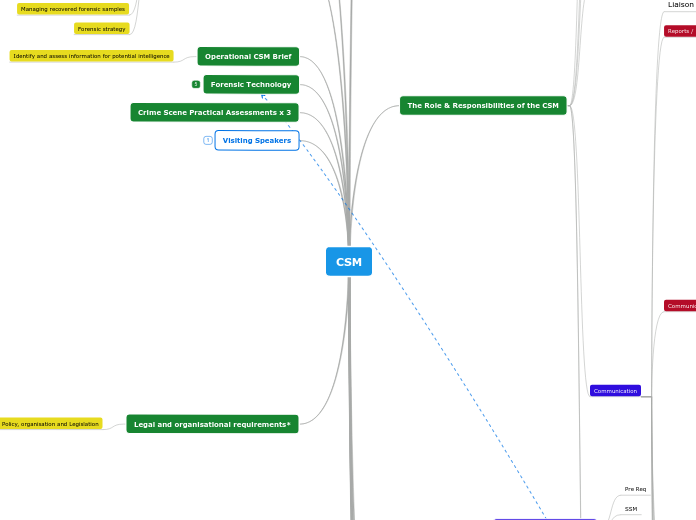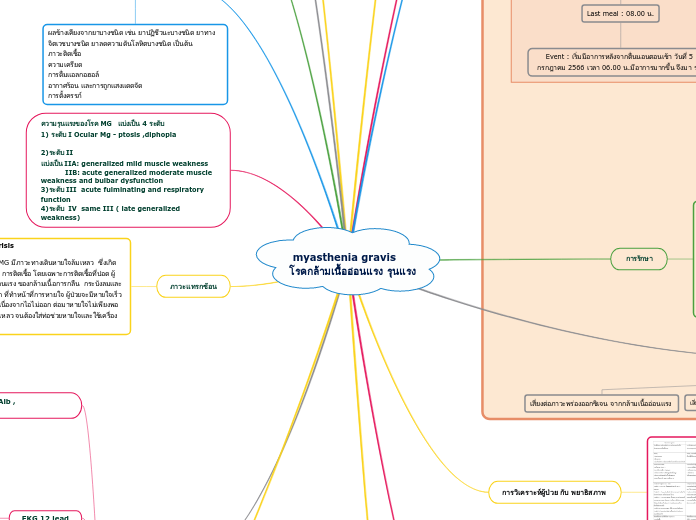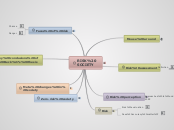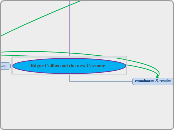Out of Scope/Assumed Knowledge
Criminal Justice System
• A detailed understanding of the criminal justice system.
• Awareness of resource and budget management.
Photography
photograph and video the incident you're attending
Head of For
SSM
Pre Req
CSM
Legal and organisational requirements*
Policy, organisation and Legislation
Policies
• Write complex strategic level reports for Chief Officer level on relevant matters.
• Developing and implementing standardised working practices, policies and procedures.
• Design and deliver training for key stakeholders and the wider policing community to improve knowledge and understanding of crime scene evidence in the investigative process.
• To manage local forensic operations/equipment budgets.
• To support Force and Local Policing performance objectives.
To formulate and review detailed Forensic Strategies and action plans.
Qualified and attained the appropriate skills and knowledge in line with National Guidelines, Crime Scene Investigator and Crime Scene Manager.
Awareness and understanding of the Forensic Quality Management Framework.
including the completion of any associated portfolios of evidence.
To have a clear understanding of the submission process and its financial implications.
• Able to proactively manage the introduction of new business processes or ways of working at team level.
• Advise and collaborate with the lead investigator in the development of forensic investigative strategies for the crime scene to ensure that the gathering of relevant forensic evidence and data is undertaken in a legal and ethical manner that is proportionate to the crime.
Legal and organisational requirements
Visiting Speakers
Pathologist
Crime Scene Practical Assessments x 3
Forensic Technology
• Keep up to date with new technological approaches within the forensic investigation field.
• Keep up to date with new approaches to evidence based policing- within the forensics/ investigation field.
• Keep up to date with national guidance to your core duties.
• Maintain a working knowledge of how technological advances might facilitate offenders in committing crimes and investigative approaches relating to technological enabled crime.
Crime Lights/ Searching tech
Operational CSM Brief
Managing the Scene Examination
Forensic strategy
• Able to manage forensic investigations at scenes, including directing the packaging, storing and transport items of potential evidence.
• Skilled in the use standard IT packages, systems and/or databases to fulfil role requirements, including creating visual records for forensic investigations.
Other Specialists at the Crime Scene
Scene Examination Planning and Documentation
Intelligence
It is suggested that this role should be operating or working towards the following levels of the CVF:
Sources of information
Recording information, communications and intelligence
Crime Scene
Scene
Control and preserve scenes
(401) P17 record all details of scenes and decisions made in line with organisational requirements
(401) P16 agree responsibilities for scene examinations with relevant people
(401) P15 identify whether others have been at scenes prior to measures taken to protect areas, in line with operating procedures
401) P11 define parameters, common approach pathways and rendezvous point of scenes in line with forensic procedures
(401) P14 check all personnel entering scene areas use appropriate protective equipment, in line with health and safety, and operating requirements
(401) P13 ensure the scene log is started by relevant personnel to record those who enter scenes in line with forensic strategy
(401) P12 implement measures to preserve scenes in line with forensic procedures, including the prevention of:
(401) P12.4 loss of potential evidence
(401) P12.3 contamination of potential evidence
(401) P12.2 degradation of potential evidence
(401) P12.1 damage to potential evidence
Scene preservation TO: Demonstrate the ability to conduct Scene preservation, IAW NOS 401, ISO xxx and local policies in Day and Nights, all Weathers to the satisfaction of the Instructor in line with the assessment strategy.
Scene preservation
Controlling and Preserving EO: Examine and Discuss Locations, access, Weather, time of day, linking multiple locations and wider issues.
(401) K19 the importance of, and how to control and preserve scenes and evidence, including:
K19.6 consideration of time constraints
K19.5 multiple locations
K19.4 time of day
K19.3 weather conditions
K19.2 access
K19.1 consideration of location
Nature of Scenes EO: Examine the nature of Crime Scenes and considerations lined to them.
(401) K20 the nature of, and the need to consider, linked scenes
Preventing Contamination EO: Examine key processes in the prevention of contamination at a site.
(401) K21 ways of preventing contamination
Managing recovered forensic samples
Examine scenes and recover potential evidence
Complete forensic examinations
Forensic examinations
Initial Scene Assessment
Assess scenes
Will be responsible for attending scenes of crime and major incidents, conduct a full examination to recover and maximise the potential of all evidence from that scene. To ensure that the scene is documented and photographed. All items recovered are correctly exhibited, packaged and that continuity is maintained and secure.
Obtain and understand all relevant information relating to the scene, decide on the types of examination necessary, maintain control of the scene whilst on site and advise officers on scene cordons and scene preservation.
Assessment
• Awareness of Health and Safety Issues.
• Identify threats and opportunities in crime scene investigation to manage risks and improve the service quality to assist in achieving team/force objectives.
• Advise on Health and Safety issues and produce/evaluate risk assessments.
Be responsible for the implementation of dynamic risk assessments whilst on scene and put safe working practices into place to keep self and others safe whilst working.
• Able to plan ahead; to allocate work appropriately within the team and to identify and mitigate risks to delivery.
Manage Health and Safety and staff welfare of colleagues in the work place and at crime scenes .
Evaluation
Identify and assess information for potential intelligence
Preparation
Establish the requirements of examinations
FP / POst Motum
Post motum**
Afternoon Visit
Morning Theory
Onsite Vs visit
The Influence of Cognitive Bias on Decision Making
Evaluation - **
Debrief
Process Meeting
FS Meeting
Individal
Team Eval
Health and safety**
National Decision Model & Risk Management
Identifying risks
• Able to develop and implement forensic strategies for serious and complex investigations.
• Able to use best available evidence to identify cause and effect and develop a course of action designed to target root causes and mitigate risk including the evaluation of forensic investigation of crime scenes.
The Role of the SIO
The Role & Responsibilities of the CSM
Investigative processes
Resources and equipment
Communication
Interpretation of findings
Briefing Skills
Excellent organisational, administrative and interpersonal skills. Attention to detail and the ability to deal with difficult situations.
Communication and recording information
Working with others Working with others
Advise Investigating officers on use of both internal and external consultants and experts (i.e. In house scientists, 3D imagery, and external scientists) and arrange for attendance at scenes and briefings as necessary and provide continuous liaison with them throughout the investigation.
To ensure the effective co-ordination, decision making and management of a team of Forensic Scene Investigators at serious, major and complex crime scenes.
To ensure forensic intelligence is fed into all key internal and external stakeholders.
To be a single point of contact for Senior Investigating officers, Incident rooms etc.
To maintain a robust communication flow between the FSU, In house Scientists and SIO
Excellent Communication skills at all levels, including written and oral ability to be persuasive and use intelligent reasoning.
• Able to identify key stakeholders, understand potential roles and to take appropriate steps to understand their needs and concerns.
The post holder will have contact with Police staff, other forces, forensic service providers and the public.
Experience of delivering presentations
Contacts outside own section
• Excellent inter-personal, written and oral communication skills including the ability to provide reports for senior
• Able to set out logical arguments clearly, adapting language, form and message to meet the needs of different people / audiences.
respond to calls from the police to attend crime scenes
Reports / Documents
resources required to locate, preserve, record and recover evidence and intelligence.
Liaison and communications
• Able to provide day to day management of a team and deal with a range of behaviours to mentor and develop performance and create strong engagement of individuals with their personal and team objectives and with Force values, behaviours and strategic priorities.
• Able to review and assess individual and team performance against expected standards, providing objective and effective feedback and ensuring corrective actions are taken where necessary.
• Ongoing development of people management and welfare skills.
Key Accountabilities
Subtopic
Identify threats and opportunities in crime scene investigation to manage risks and improve the service quality to assist in achieving team/force objectives.
Provide feedback on the work of Crime Scene Investigators and specialists to support their professional development and training as part of working to achieve team/force objectives.
Engage with and implement departmental procedures in line with the requirements Forensic Science Regulator Codes of Practice and Conduct and the International Standards Organisation (ISO) 17020/17025 standards to provide a quality service through accreditation.
Manage a team of crime scene staff and specialists to ensure their wellbeing and welfare, ensuring appropriate care and support is in place to enable individuals and teams operate safely and effectively.
Ensure the crime scene is preserved and processed in accordance with protocols, enabling evidence to be collected safely and comprehensively through effective communication with those involved in the investigation.
Maximise the evidential potential of a crime scene by supervising a team of Crime Scene Investigators and other specialists to ensure the effective processing of a crime scene.
Advise and collaborate with the lead investigator in the development of forensic investigative strategies for the crime scene to ensure that the gathering of relevant forensic evidence and data is undertaken in a legal and ethical manner that is proportionate to the crime.
Prezzy
Qualities
Problem Solving
Keeping composure
Critical Thinking
Comms Skills
Importance
Make sure all investigators work within there are
Keep Track of all evidence from the scene
Ensure H & S
Supervise Scene









